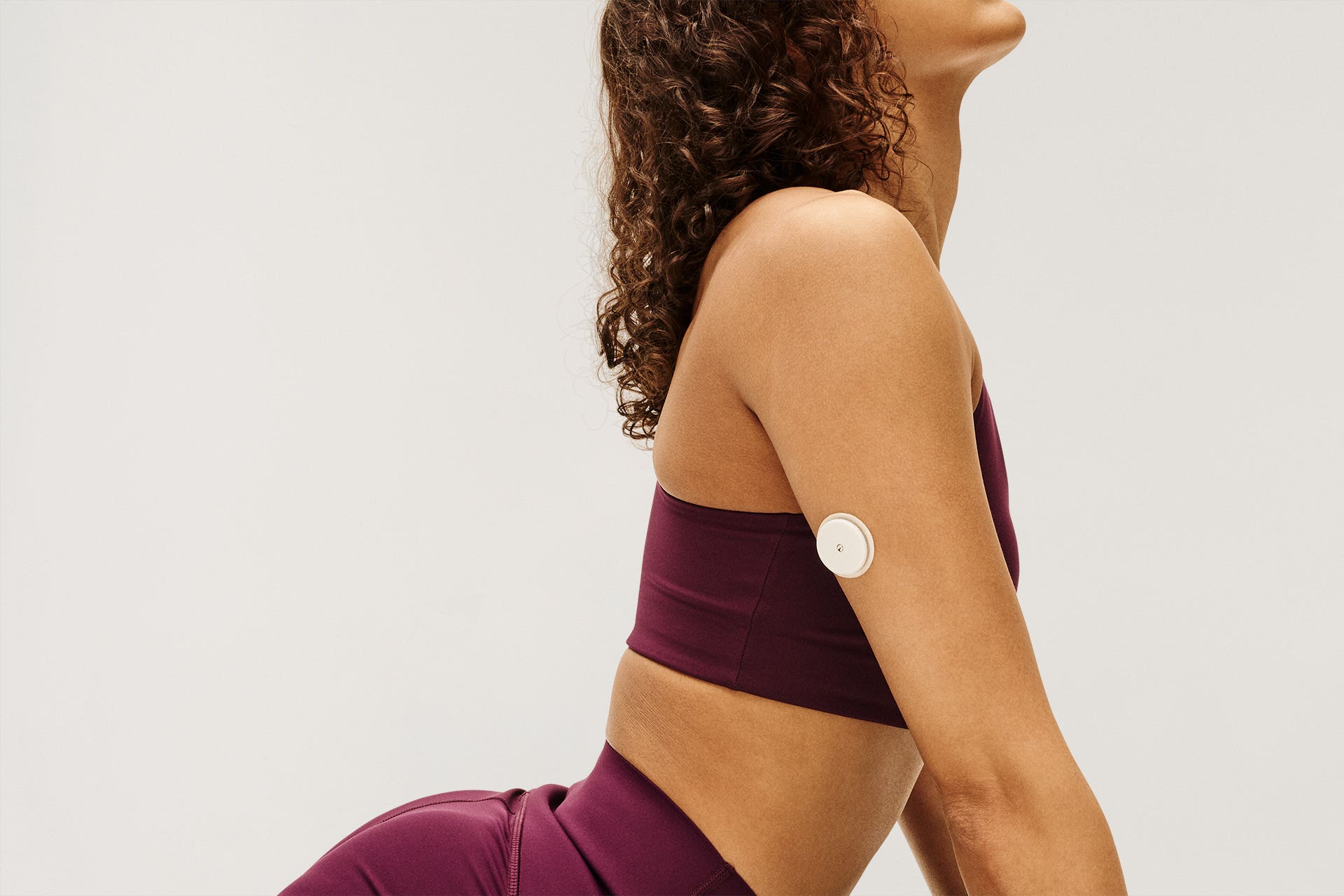Real-time glucose monitoring wearable launches in the UK – here’s how it works
The Abbott Lingo analyses a wearer’s glucose spikes and falls and offers personalised habit suggestions and coaching in response

A new type of wearable sensor which can track glucose levels in real time and help users create healthier habits is to launch in the UK.
The Lingo device from health tech firm Abbott combines a coin-sized wearable which attaches to the user’s arm and a smartphone app to monitor glucose spikes and dips.
On display at the CES technology show in Las Vegas, the connected app sends users personalised insights and customised coaching and healthier habit recommendations designed to help them improve sleep, mood and energy levels.
The Lingo sensor fits onto a user’s arm with a small part under the skin, inserted using a needle, and kept in place for two weeks at a time, with Abbott offering a subscription service for those who want to monitor their glucose levels for a longer period of time.
The Lingo starts at £89 for a single sensor, while a four-sensor starter pack is also available for £300.
Abbott says that, unlike other wearables, it can offer clearer, more personalised suggestions on ways to improve basic health levels because of its real-time monitoring.
The sensor is being widely launched in the UK following a preview period during 2023.
Olivier Ropars, Lingo division vice president, said the aim of the device is to enable users to take control of their health and boost it by improving their lifestyle and making better choices, but also to help patients and physicians have clearer conversations around healthy living.
“One part of it is giving the tools to people to maintain and manage their health and actually get control over their health,” he said.
“Then, number two is to help them have a better conversation with their physician as well.
“And then it’s about how do we provide that information to the physician as well, for them to have a productive conversation with the patient?
We do believe this is not a substitute for physicians - this to increase the quality of the conversations and make it more efficient
“So it goes all across, and that is why I’m excited that Abbott is taking the lead, because Abbott has a lot of relationships in the back end with primary care providers, hospitals and everything else.
“So we can liberate all the technologies and connectivity and relationships to bring everything together.”
Mr Ropars added that Abbott has already had conversations with the NHS about clinicians and patients using the platform as part of preventative healthcare measures.
“Yes, we have all those relationships and we’ve had conversations at different levels in the UK already, and in the US,” he said.
“We do believe this is not a substitute for physicians – this to increase the quality of the conversations and make it more efficient.”
Bookmark popover
Removed from bookmarks